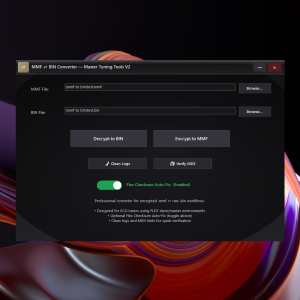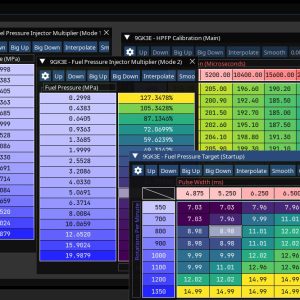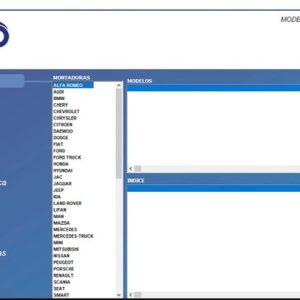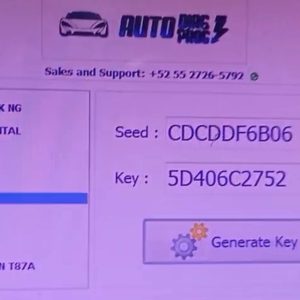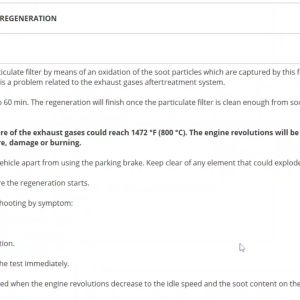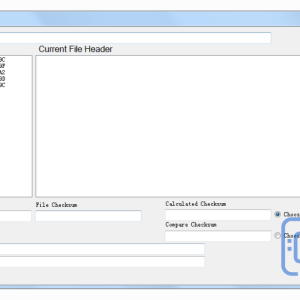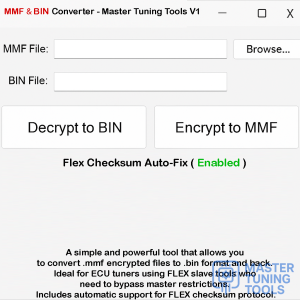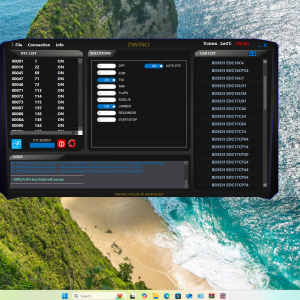Offline Mode Tuning: Optimizing ECU Performance 🚗🔧
In the realm of ECU tuning, offline mode tuning is a critical process that allows tuners to adjust vehicle performance without the need for a continuous connection to the vehicle’s ECU. This article explores the intricacies of offline mode tuning, its benefits, and practical applications for mechanics and professional tuners.
Understanding Offline Mode Tuning ⚙️
Offline mode tuning refers to the capability of modifying ECU maps without being directly connected to the vehicle. This process can be particularly useful in various scenarios:
- ➡️ Bench tuning: Modifying the ECU outside of the vehicle.
- ➡️ Data analysis: Reviewing and adjusting parameters based on logged data.
- ➡️ Safety: Reducing risks associated with live tuning in high-performance scenarios.
Key Benefits of Offline Mode Tuning ✅
Offline tuning offers several advantages that can enhance the tuning process:
- ➡️ Time efficiency: Allows for quicker adjustments without vehicle downtime.
- ➡️ Enhanced precision: Enables detailed analysis and modifications in a controlled environment.
- ➡️ Flexibility: Tuners can work on multiple ECUs simultaneously.
Popular Tools for Offline Mode Tuning 🛠️
Several tools are designed to facilitate offline mode tuning effectively. Here are a few popular options:
- ➡️ KESS3: Known for its versatility and ease of use, ideal for reading and writing ECU data offline.
- ➡️ FLEX: Offers advanced features for offline tuning, including support for a wide range of vehicles.
- ➡️ CMDFlash: A powerful tool that allows for detailed offline tuning and diagnostics.
Practical Applications of Offline Tuning 🔧
Mechanics and tuners can utilize offline mode tuning in various scenarios:
- ➡️ ECU Remapping: Adjusting fuel maps, ignition timing, and other parameters to enhance performance.
- ➡️ DPF/EGR/AdBlue Off: Modifying ECU settings to disable emissions control systems when necessary.
- ➡️ Stage Tuning: Implementing Stage 1–3 upgrades based on vehicle specifications.
Considerations for Offline Tuning ❌
While offline mode tuning has its benefits, there are important considerations to keep in mind:
- ➡️ Accuracy of data: Ensure that the data being modified is accurate and relevant to the vehicle.
- ➡️ Legal implications: Be aware of local regulations regarding emissions and modifications.
- ➡️ Potential for errors: Mistakes in tuning can lead to performance issues or engine damage.
In conclusion, offline mode tuning is a valuable technique for automotive professionals looking to enhance ECU performance efficiently and safely. By utilizing advanced tools like KESS3, FLEX, and CMDFlash, tuners can achieve optimal results while minimizing risks.
For more information on ECU remapping and tuning tools, visit mastertuningtools.com.

